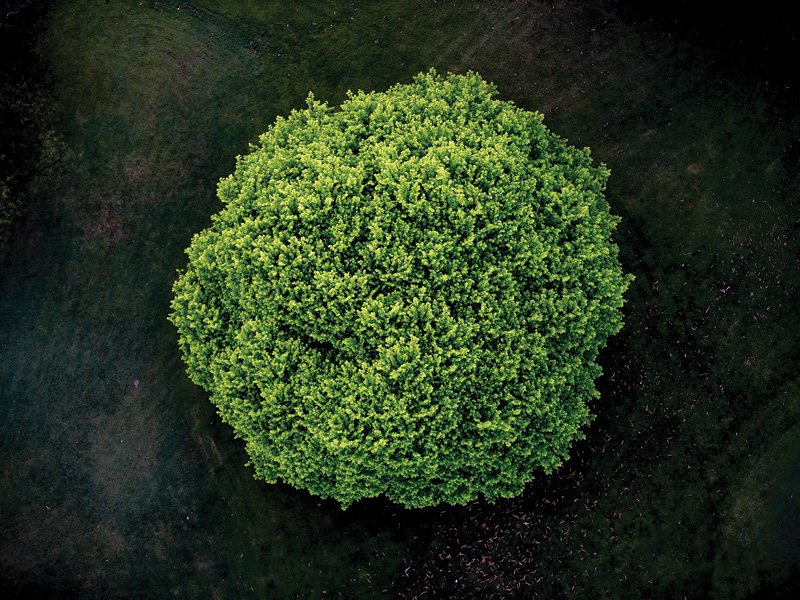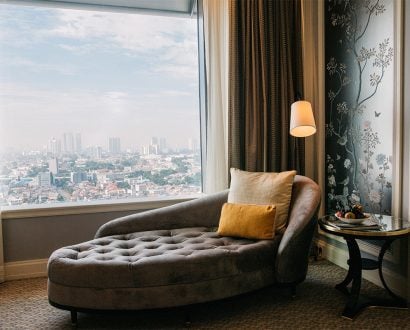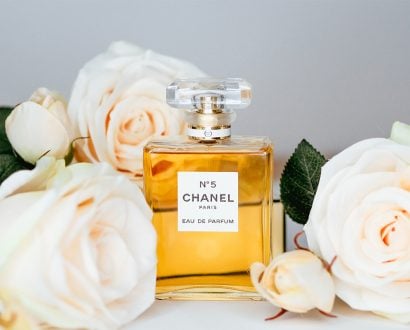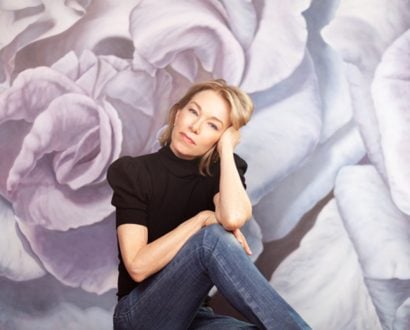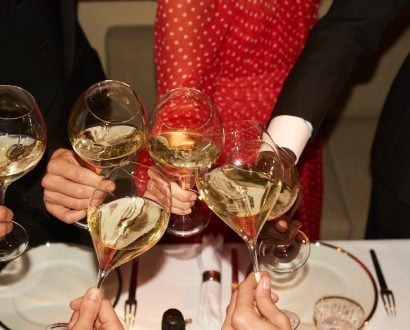In an age where point-and-shoot cameras turn amateur shutterbugs into veritable paparazzi, the authority of professional photographers gets called into question. Yet for award-winning photographer Elizabeth Bull, creator of photographic community One Fine Print, the increasing popularity of the medium is not a cause for apprehension; rather, it’s something to celebrate.
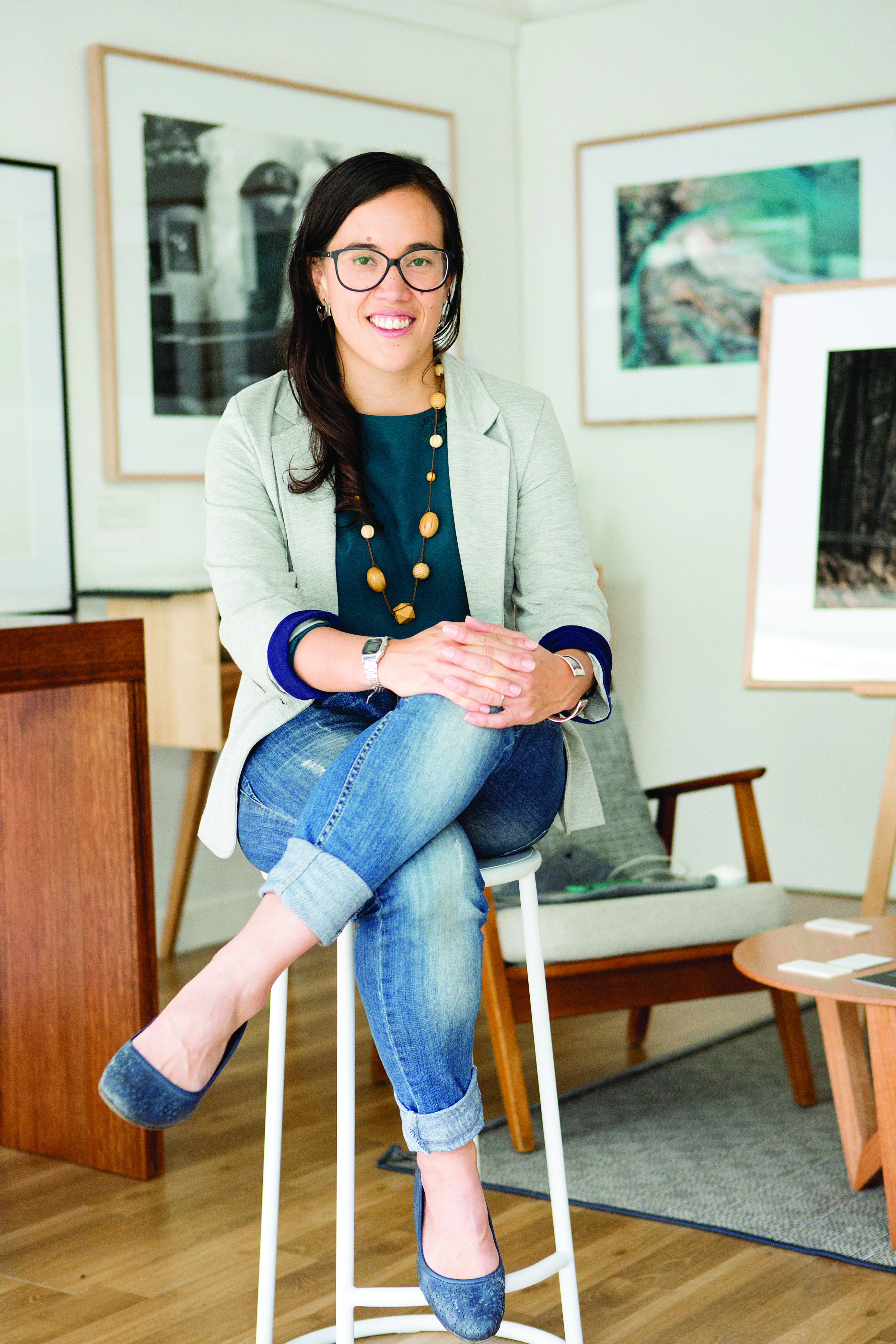
“People always ask whether I worry about digital, and the fact that that everyone has cameras these days,” she admits, “but I actually see it the opposite way. There’s so much interest in photography at the moment — it’s really popular — so people actually appreciate good photography.” Elizabeth adds that the quantity and quality of imagery being published on social media is impelling professional photographers to be more creative and produce new, different work.
We all see the world in a distinct way
Elizabeth believes that every photographer, and every person for that matter, sees the world in a distinctive way. “I see things in an almost graphic or illustrative way,” she explains, “and that comes across in my photography. It’s hard to describe personal style because it’s just something that’s inherently part of you. But that’s what makes everyone unique, that they see things in a different way.”
This is just as true for what the viewer brings to Elizabeth’s photography, as for what she sees when she takes each individual shot. To explain her creative process and the unique way she perceives shape, texture and lines, Elizabeth describes the context of 3 of her most striking images.
Look longer
“This is one of my favourite images. It’s an aerial view of a tree which I shot from a hot-air balloon. A lot of my work is exactly as I see it — it isn’t orchestrated or staged — and what I particularly enjoy about this image is that it captures a really transient moment in time. It will never happen again, not exactly like that.
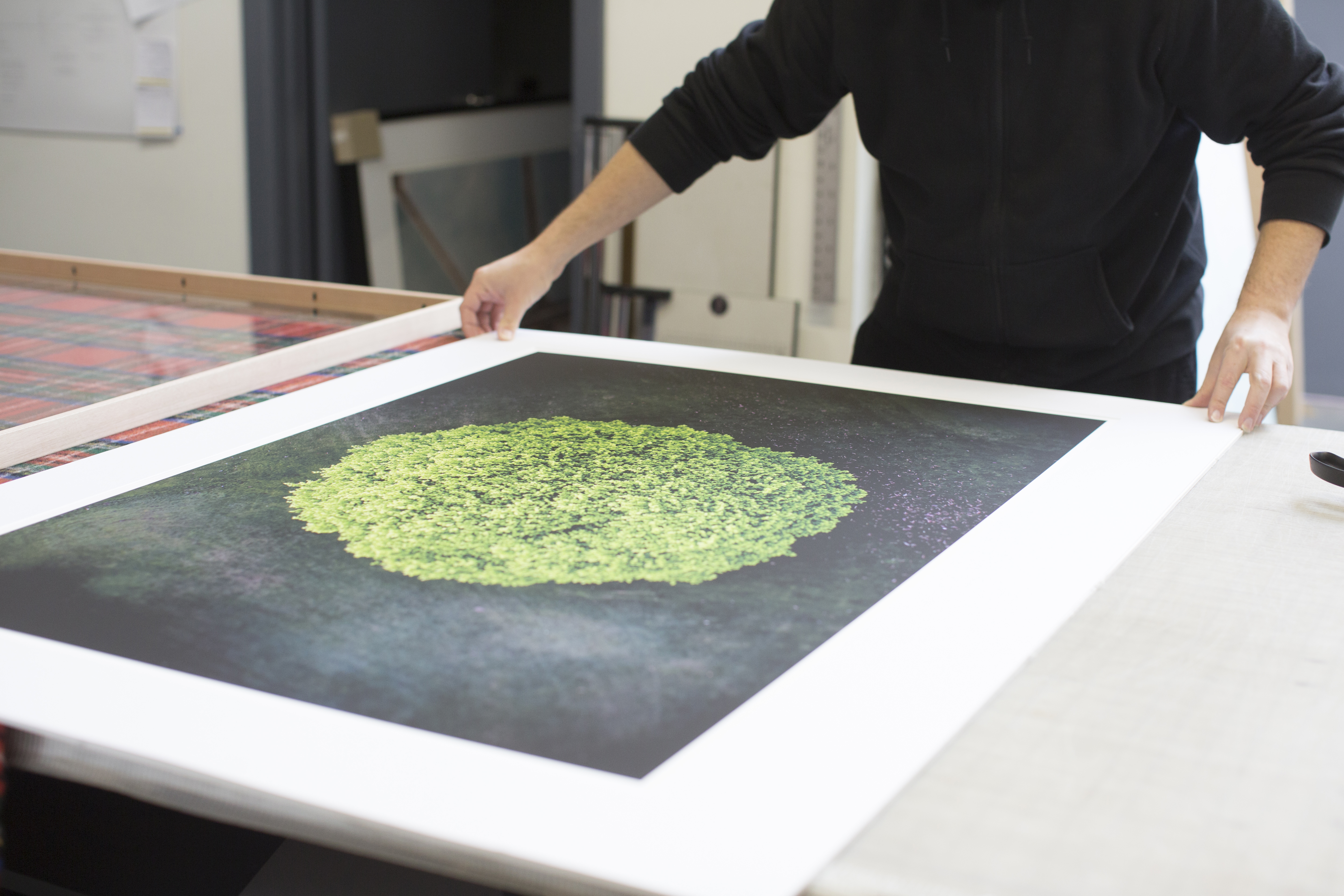
“I also like that it’s so simple. It captures an interesting shape and textural element, but that’s basically all it is. What is particularly fascinating is people’s reactions to it — what they see in it, and their surprise and intrigue as they try to figure out what it is. I like imagery that makes you look twice and that makes you think and ask questions. I’ve been asked before, ‘Is it a lettuce?’, ‘Is it a big tree? A little tree?’, and I love that something I captured can provoke that kind of fascination and curiosity.
“This was my first ever experience in a hot-air balloon, and having the opportunity to study the world from a new, unique angle was incredible. The world is so peaceful from that vantage point, you almost feel detached or separate from it.”
Cogs in a wheel
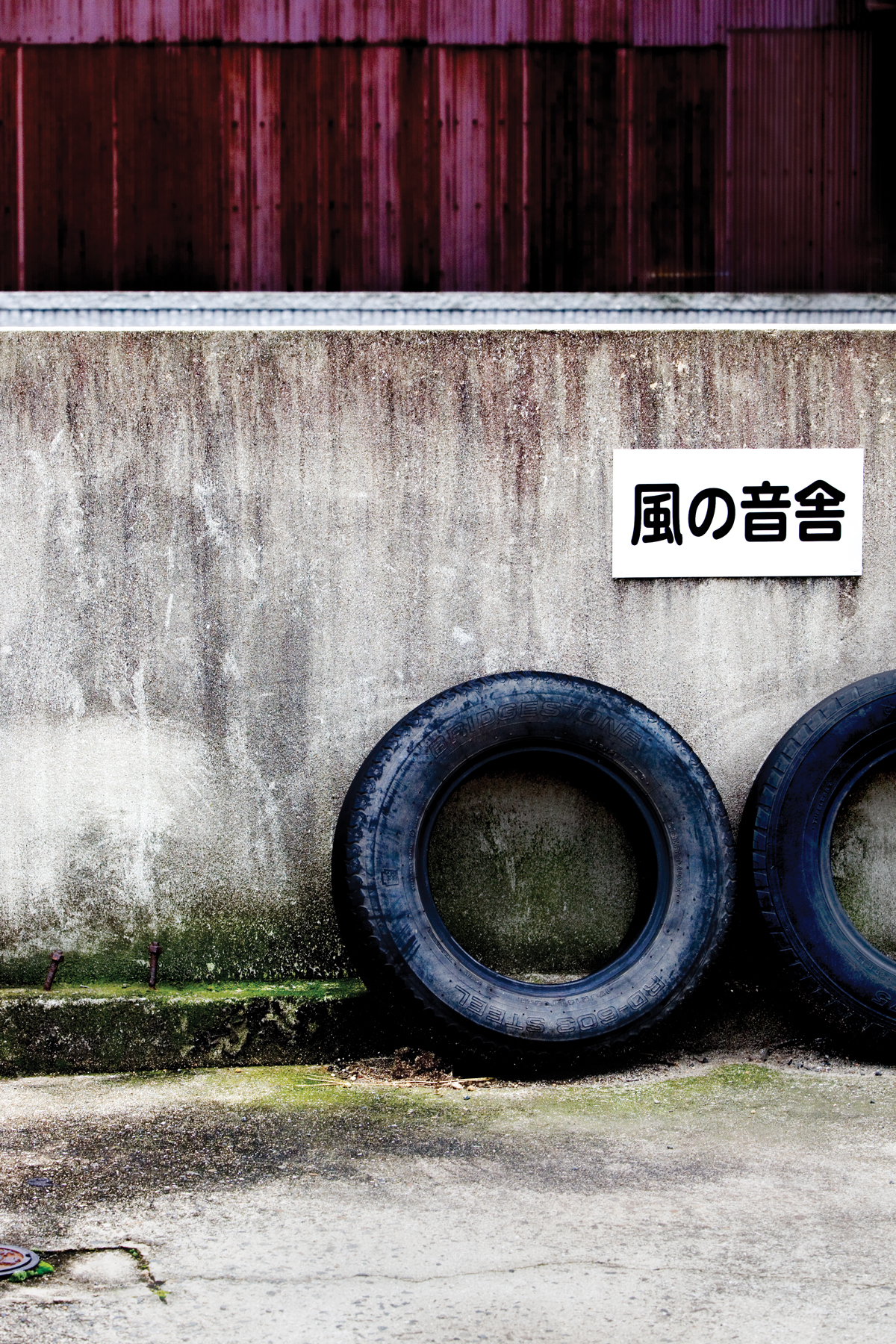
“I have a love affair with Japan. I’ve visited the country many times and even lived there for 18 months. This photo was taken on one of my visits to a small fishing town that didn’t have a whole lot going on for tourists. But I didn’t mind that at all. I really enjoyed wandering the streets and looking for that image.
“I am often drawn to everyday objects that make interesting patterns. I love contrasting textures, especially the raw, gritty texture of concrete. And Japan’s urban environment has those coarse textures I love to shoot.
“This image also makes me smile, as I still don’t know what those words say. I keep thinking I should ask one of my Japanese friends to translate them for me but then I think it’s almost better not to know. It gives the image that intriguing element I often try to include in my work.”
Press on to your destination
“I captured this image while I was on an annual ski trip in New Zealand. We were travelling through what is a very picturesque part of the country’s South Island, but we couldn’t see any of the natural beauty around us — the stunning mountain and lakes district we were travelling through — because of what was an insanely dense fog. We couldn’t even see the car in front of us.
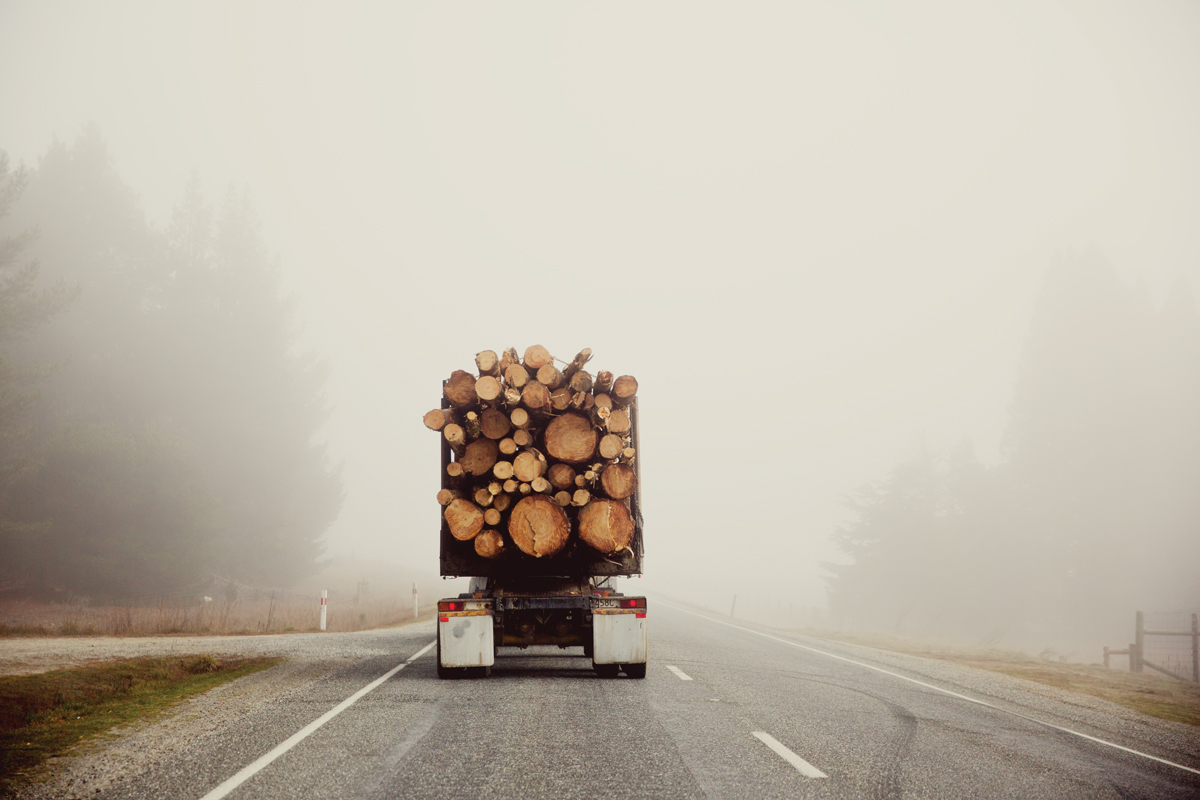
“The fog made everything feel strangely spooky, almost supernatural, and it was
also eerily quiet. So, when the truck emerged through the fog — thundering ahead, stacked high with such a variety of beautiful timber — it just demanded to be photographed. It provided an incredible contrast to what seemed like such a desolate landscape.
“I tend to do very little or no editing on my images, so this photograph shows exactly what I saw, except for some slight colour and contrast changes to enhance it for print.”
Fast 5 with Elizabeth Bull
1. Whose art inspires you?
The wonderful thing about One Fine Print is that I’m surrounded by myriad photographers, and their interesting, different work constantly inspires me. I also really enjoy photojournalistic documentary photography, particularly because I don’t shoot that style. I think I connect with that idea of capturing the moment.
2. How do your landscapes differ from shooting commercial photos?
When I shoot commercially I have to work to a client brief and I’m looking to illustrate a brand or show personality. Whereas when I photograph landscapes, I feel as though I’ve got my own creative expression. I’m looking for what aesthetically is pleasing and I’m not limited by time.
3. In an alternate universe where you’re not a photographer, what are you doing with your time?
I’ve never done anything else, but I do enjoy the business side of things — managing other photographers and the work with One Fine Print. When I was growing up I used to think I’d be a CEO, actually. I’d forgotten about that.
4. What was it like to be named Epson’s Victorian Landscape Photographer of the Year?
I was a bit shocked, especially because I don’t shoot the traditional landscape way. I was unsure about how my work
would be received, especially among my peers and people in the industry that I look up to. So it was very affirming, and great
to be recognised.
5. Is there any one place that you dream of shooting?
I’m quite keen on Iceland and Patagonia at the moment. They both represent that extreme, end-of-the-Earth environment, and I like the idea of doing things in places that are hard to reach.

